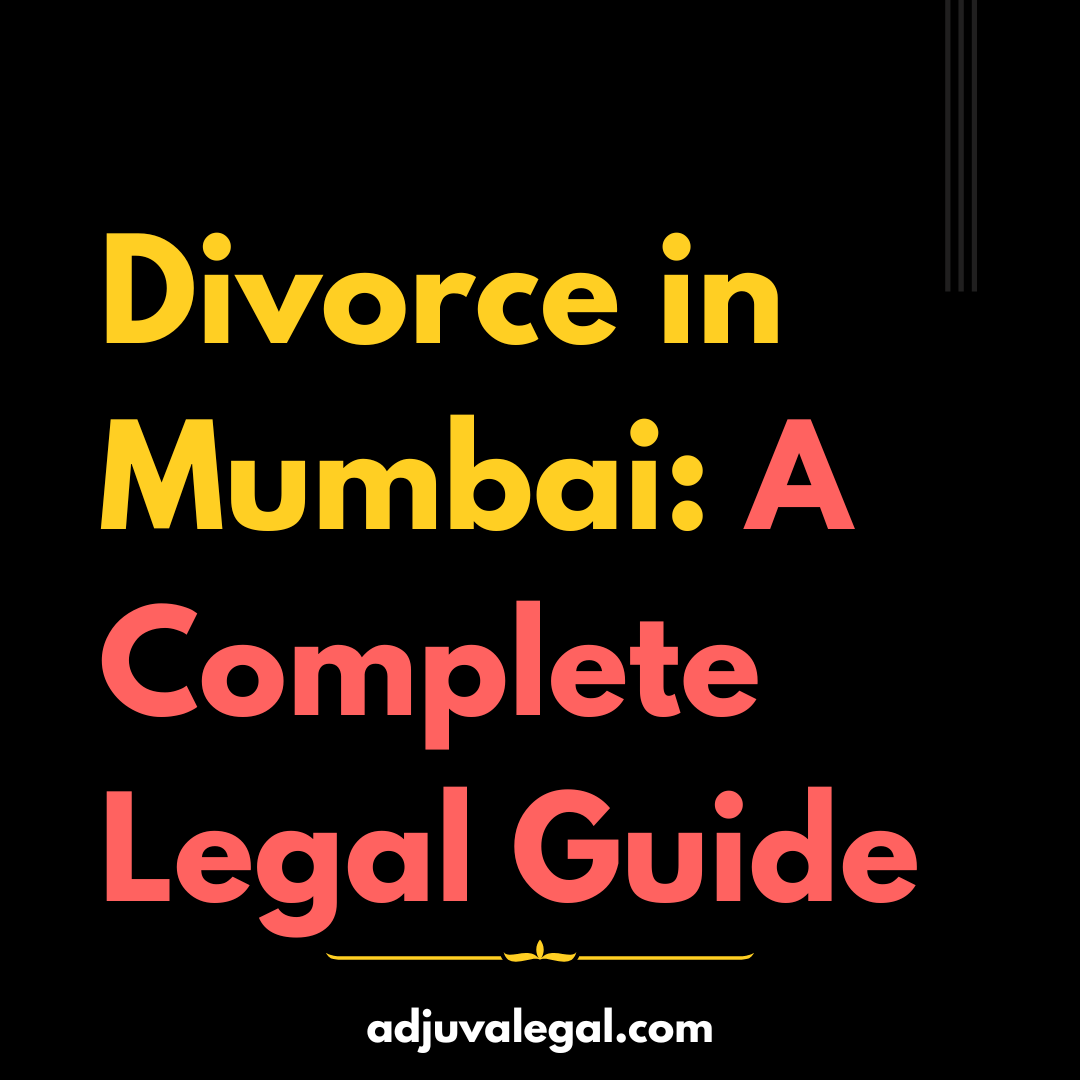A General Overview of Marital Rape
The word rape incurs a drastic sensation in societal stability. The more heinous form of such an act is when it occurs in one’s own matrimonial home by a legal spouse. The word legal before the spouse embrangle victim from resisting such an inhumane act. The aftermath of such an action creates a social stigma in the victim’s mind to keep the unsanctified bond persistent. The societal view in the form of peer pressure impacts the victim to counter the remedies of divorce. The substantive reason behind it is either a dearth of confidence or awareness of rights and remedies enshrined in law.
Many advocates mystify the victim by citing marital rape as an exception to the provision for rape as an offence in the Indian Penal Code, 1860. Nevertheless, this article postulates the opinio juris on marital rape as a ground for divorce. It will aid society with appropriate information about the act, resistance, legality and remedy.
What is marital rape?
Marital rape is non-consensual or forceful sexual intercourse by a legal spouse. Will and consent are two essential yet contrasting factors when dealing with the subject matter of sexual perversion.
Essential Elements of Marital Rape:
- Parties must be legally married.
- Non-consensual sexual intercourse
- Without the will of the female spouse
Age as a prime factor in Section 375, Indian Penal Code, 1860:
(Exception) —Sexual intercourse by a man with his own wife, the wife not being under fifteen years of age, is not rape.
Marital Rape as an act of cruelty

What is Cruelty?
The act of cruelty is barbaric conduct to inflict suffering or willful abstinence of requisite treatment available in the capacity of a person abstaining. The willful conduct of cruelty includes the exertion of force, and the usage of force to prevent others’ resistance towards the act or mistreatment of one’s sanctity that leaves the sufferer in mental or physical misery. Moreover, when such action is executed or attempted in the matrimonial home, it inks an inerasable agony on individual autonomy. Subsequently, the lawmakers considered the need for a tool to render a licit cure to the victim.
Section 13 of the Hindu Marriage Act, 1955 encircles cruelty as a remedy for divorce: —
(1) Any marriage solemnised, whether before or after the commencement of this Act, may, on a petition presented by either the husband or the wife, be dissolved by a decree of divorce on the ground that the other party
(a) has, after the solemnisation of the marriage, treated the petitioner with cruelty.
Important case laws
In Maya Devi vs. Jagdish Prashad, the act of cruelty was defined as unjustifiable and deliberated conduct. The intentional conduct may be considered cruelty upon others when it is of such character which may incur danger to life, limb or health, bodily or mental, or sufficient to give a reasonable apprehension of such danger. ((Maya Devi v. Jagdish Prasad, AIR 2007 SC 1426.))
In the matter of Neelu Kohli vs. Naveen Kohli, the hon’ble court opined that mental agony was sufficient ground to raise the suit for divorce. ((Neelu Kohli v. Naveen Kohli, AIR 2004 All 1.))
Non–consensual sexual intercourse by a spouse is considered to be a licentious and profligate act which does not constitute a normal conjugal life. Conduct without consent constitutes several factors such as acts of resistance, private defence, attempts to escape and most of the time mere silence under fear, pressure or shock. The actions mentioned above of the sufferer are a reaction of grave cruelty to executing rape. Hence, the law arrives with types of equipment to deal with the damage caused and compensation for it, although the act is not a penal offence, it covers the essentials of physical and mental cruelty.
In the case of Samar Ghosh vs. Jaya Ghosh, the hon’ble court revamped the law by strengthening and widening the scope of the ground of cruelty for divorce. The court stated that the act of marital rape is not a part of conjugal life as per law. ((Samar Ghosh v. Jaya Ghosh, (2007) 4 SCC 511))
Kerala High Court in Appeal no. 151 of 2015 gave prominence to an individual’s autonomy over societal autonomy. ((Kamini Sharma, Marital rape a form of cruelty? Can it be a ground for divorce? HC examines, SCC Online, (2021).)) The court held that the treatment of the wife’s body as a thing owing to the husband is nothing but marital rape making it a sheer act of cruelty. By entrusting freedom of choice to combat for self-integrity court gave the right to women to hold out against their plight in the bondage of legal relationships.
Using marital rape as a ground for divorce
The Division Bench comprising of Justices A. Muhamed Mustaque and Kauser Edappagath, further stated that merely because the perversion in the form of marital rape of women above 15 years is not subject to penal punishment, does not impair the court from considering it as a ground of cruelty in favour of suit for divorce.
Conclusion: The importance of awareness and support
The natural law affirms that every individual has a right to protect their integrity, honour and autonomy. The Constitution of India also comprises the freedom of expression against acts causing suffering under Article 19(1)(a), along with the right to life and personal liberty under Article 21. The natural law and sovereign of India both collectively and individually consider marital rape as the conduct of cruelty.
Apparently, the court of law interprets the same principles in the form of precedents. And, such conducts are a fortiori ground to institute suit for divorce.
Author – Khushi Shukla
Disclaimer: The opinions expressed within this article are the personal opinions of the author. The facts and opinions appearing in the article do not reflect the views of Adjuva Legal and Adjuva Legal does not assume any responsibility or liability for the same.







